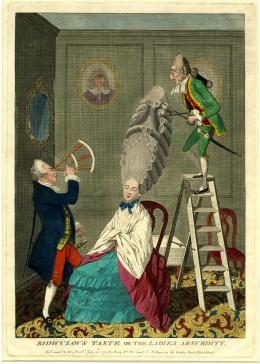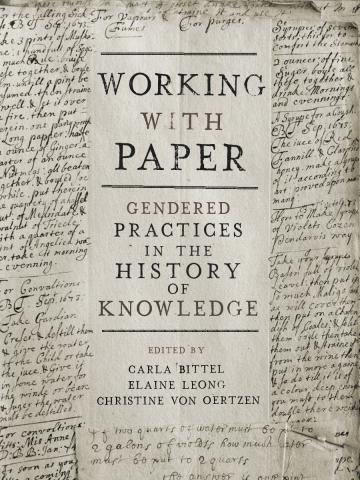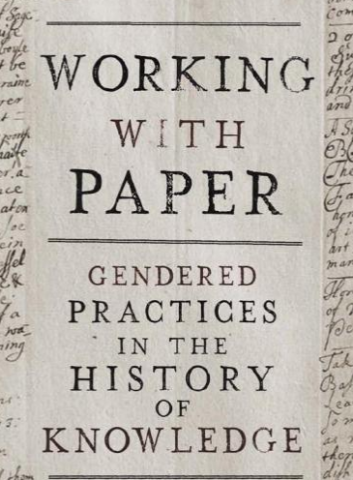This Working Group explored how paper—as material, meaning, and object—functioned as an epistemic material bridging quotidian and scholarly knowledge practices. Taking the notion of “paper tools” literally, the group examined a wide range of objects and practices from the complex folding and sealing of early modern letters to the use of heavy-duty census cards in nineteenth-century Prussia, to early twentieth-century schematographs and questionnaires. By following the sociomaterial paper trail, the collective project highlights the ways in which different kinds of paper, such as tracing paper, cardboard, or recycled scraps, shaped epistemic practices. By utilizing gender as category of historical analysis, the case studies dissect paper practices as technological transactions within the everyday power structures of a particular time and place. Taken as a whole, the Working Group provides a long-view history of working and knowing with paper in Europe and North America from ca. 1650–1960.
The Working Group met for an exploratory workshop in January 2016, followed by two authors meetings in September and December 2016, respectively, in which first and second drafts of papers were discussed. Most of the group’s members were in residence between the two authors' meetings, revising and finalizing their papers. Reading groups and more informal discussion yielded a novel framework, developed in the collective book’s introduction, and insured thematic cohesiveness throughout the volume. Working With Paper: Gendered Practices in the History of Knowledge will be published by the University of Pittsburgh Press in June 2019.





